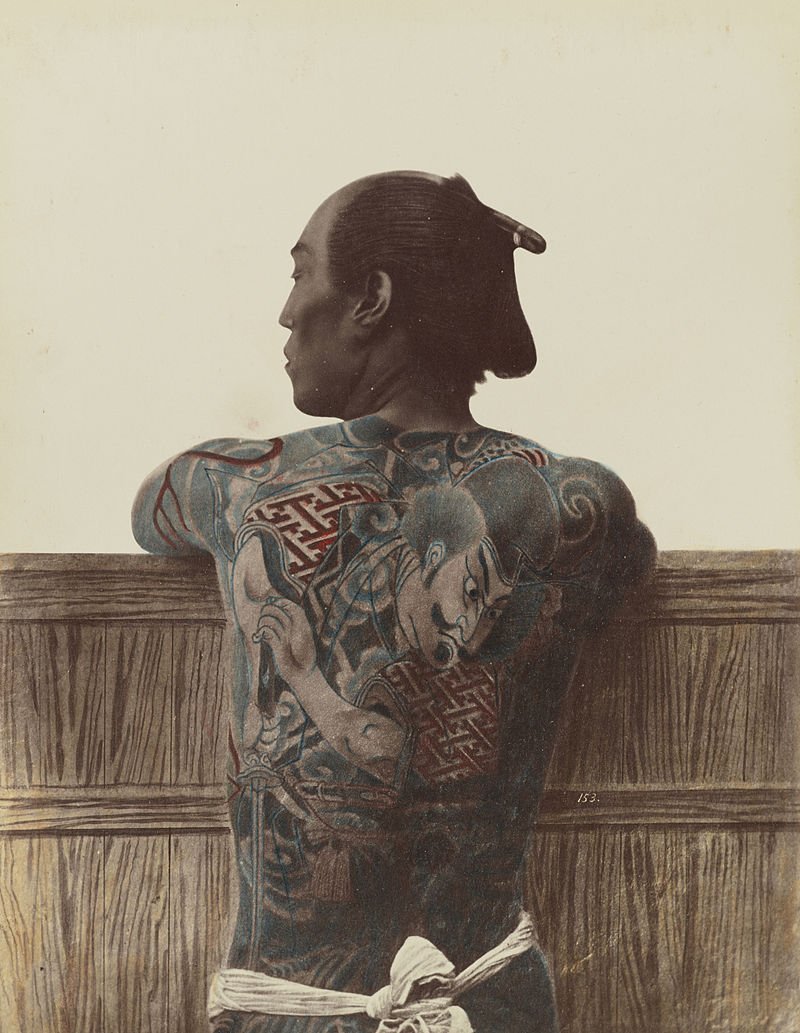A unique blend of various spiritual celebrations and traditional beliefs characterizes Japan’s religious makeup. Shintoism, with its reverence for nature and ancestral spirits, and Buddhism, with its teachings on enlightenment and compassion, are the two major religions in the country.
Read MoreThe title "Living National Treasure" holds profound meaning in Japanese society. These artisans are seen as living embodiments of Japan's cultural identity, representing a bridge between the past and the present.
Read MoreShudan ishiki — (n) A term to describe that in Japanese society, people tend to be group-oriented, giving priority to group harmony over the individual
Read MoreAimai — (adj) ‘A state in which there is more than one intended meaning, resulting in obscurity, indistinctness, and uncertainty’.
Unlike other cultures, ambiguity can be seen as a sign of politeness and respect,
Read MoreSuibokuga is a style of monochrome painting characterized by the use of just two things, black ink (sumi) and water. Deceptively simple, suibokuga artists make use of these two seemingly mundane materials to create a complex world of light, form, and even texture.
Read MoreFor many cultures around the world, however, drinking tea is nothing new. In Japan, tea is known in general as ocha (お茶) and has developed, over the centuries, as an important pillar of Japanese culture.
Read MoreJapan has a long and intricate fashion history. Fashion itself, of course, plays a key role in the cultural qualities of any country, as it alone can illustrate the evolution of a multitude of social and political institutions across history. For both the world’s consumers and the luxury industry, Japan has emphasized the importance of image and innovation in couture style and luxury brands.
Read More




















